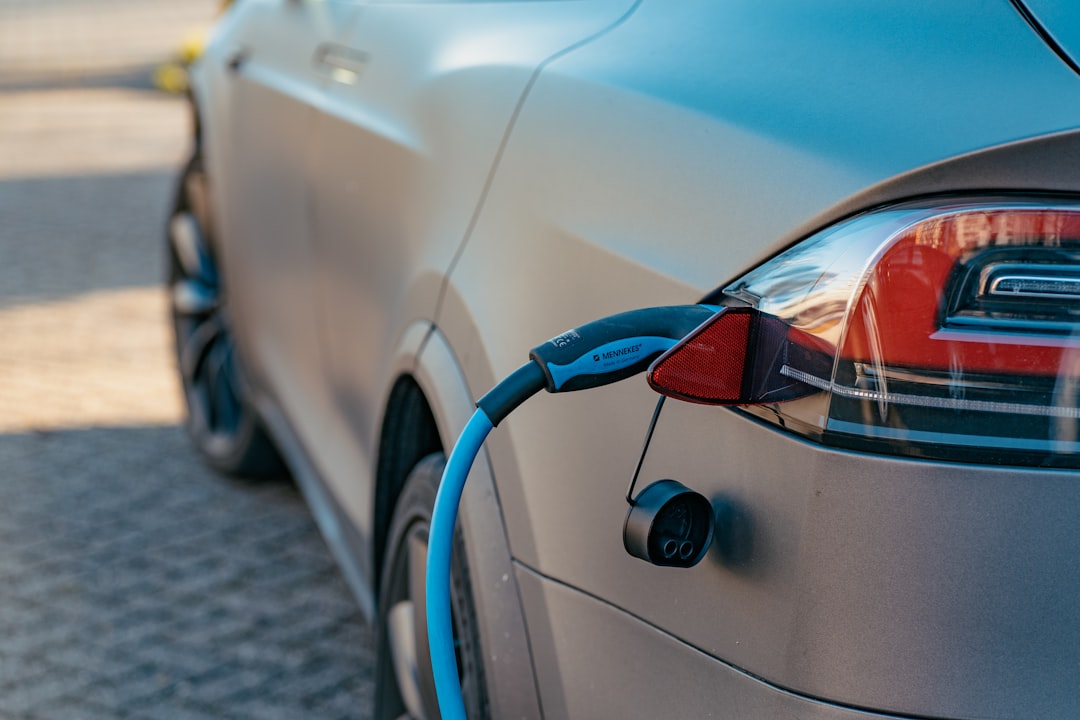 Photo from Unsplash
Photo from Unsplash
Originally Posted On: https://www.swanswaygarages.com/info-centre/rising-energy-costs-affect-on-electric-vehicles/
Electric vehicles are often considered to be much cheaper to run when compared to petrol and diesel vehicles, but with the rising cost of energy, you may be wondering if this will still be the case.
The energy price cap from Ofgem will see an increase of 54% as of 1st April 2022, which equates to an increase of up to £200 per year for home electric vehicle charging on a standard tariff. Read on for everything you need to know.
What is the energy price cap?
Introduced in 2019 the energy price cap stops UK households from being overcharged for gas & electricity. The cap limits the amount you pay per unit but isn’t a cap for your total bill, so if you use more gas & electricity you’ll pay more.
What does this mean for electric car buyers?
If you’ve been thinking of making the switch to an electric vehicle the rise in the cost of energy will most likely, and understandably, be on your mind. As well as being more sustainable another main benefit of switching to an electric vehicle is the cheaper running costs.
The price cap means that the cost per kWh is increasing from £0.21 to £0.28, to put that into context to charge an Audi e-tron to 80% on a home charger the cost will increase from 7.6p per mile to 10.1p. This may seem like a big jump, however, the cost of petrol and diesel is also rising, in 2021 fuel prices reached their highest level in 8 years. When comparing the two, even with the rising cost of energy, electric vehicles are still considered to be cheaper to run.
What does this mean for electric car owners?
The price cap changes effectively mean you will pay more to charge your electric vehicle, as the cost of fossil fuels has gone up, the cost to produce electricity has gone up, therefore the cost of using it is going up.
The amount that your charging costs will increase depending on the number of miles you drive and which electric vehicle model you own. It’s worth noting though that although the cost of electricity is going up, it’s still a cheaper alternative to run than petrol or diesel.
We’d recommend checking your energy tariff against others on the marketing to make sure you’re getting the most competitive deal. If you haven’t already it’s also worth looking into switching to a tariff designed specifically for EVs, as these often include cheaper overnight electricity prices.













